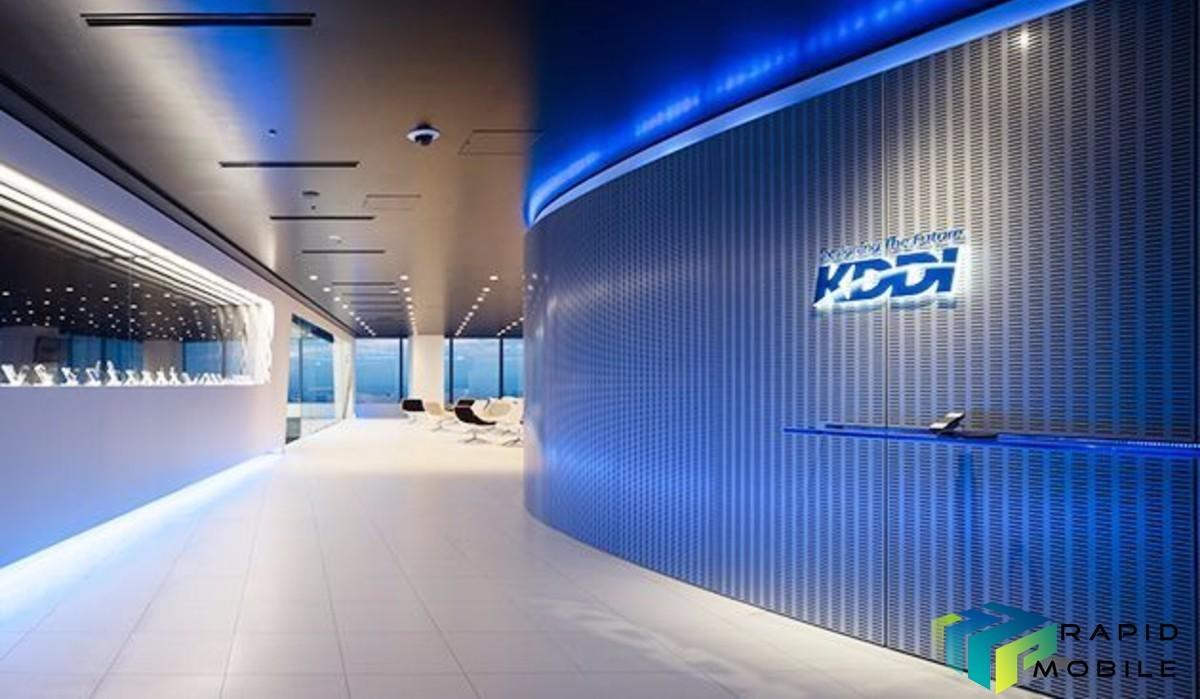Japanese carrier KDDI has selected Ericsson and Samsung for the deployment of a next generation 5G network in Japan.
Ericsson said that it has been selected by KDDI as the primary 5G vendor. Under the agreement, Ericsson will supply KDDI with Radio Access Network equipment, including products and solutions from the Ericsson Radio System portfolio.
The Swedish vendor highlighted that the equipment will allow KDDI to maximise its spectrum assets and enable the service provider to roll out commercial 5G services in several parts of Japan on their sub-6GHz and 28GHz bands for 5G New Radio (NR).
“Having established our important partnership with KDDI in 2013, we have now expanded our collaboration efforts,” said Chris Houghton, SVP, head of market area for North East Asia at Ericsson.
“We are excited about our involvement in KDDI’s 5G network buildout, which will provide a sound basis for our future collaboration as well as allowing our partner to offer users a whole new generation of mobile services.”
KDDI and Ericsson have carried out a large number of joint tests across a wide range of 5G use cases on the 4.5GHz and 28GHz frequency bands, including the interworking between 5G and LTE.
Samsung has been selected by KDDI to provide 5G network solutions for KDDI’s 5G commercial service launch. The companies will join forces to complete the network roll-out, with commercial service expected to begin in March 2020.
Samsung Networks will provide KDDI with its latest 5G network solutions, including various radio base stations supporting mid-band (3.7~3.8GHz and 4.0~4.1GHz) and mmWave (28GHz) spectrum, as well as virtualized RAN.
Samsung didn’t reveal the value of the deal, but industry insiders speculate that it could reach $2 billion for the next five years.
Some observers believe KDDI’s decision to choose Samsung as its partner could have been influenced by Washington’s blacklisting of Chinese tech giant Huawei. However, Samsung said the two companies have been collaborating for years to provide 5G service in Japan.
“KDDI and Samsung have successfully proved that 5G can be implemented in dense metropolitan cities since 2015 using Samsung’s end-to-end 5G solutions,” said Samsung.
“In preparation for the arrival of 5G, the two companies have carried out several successful trials on real-world use cases and achieved world-first 5G milestones.”
KDDI also selected Nokia as 5G equipment providers but excluded Huawei.
Other Japanese carriers have also excluded Huawei. SoftBank chose Nokia and Ericsson as its 5G equipment provider while NTT Docomo launched 5G services on a trial basis with Nokia.
Samsung and Huawei are the only firms that provide end-to-end 5G solutions, including chipset, base stations, virtualised solution, and smartphones. However, Samsung lags behind Huawei and 5G gear maker Nokia.



